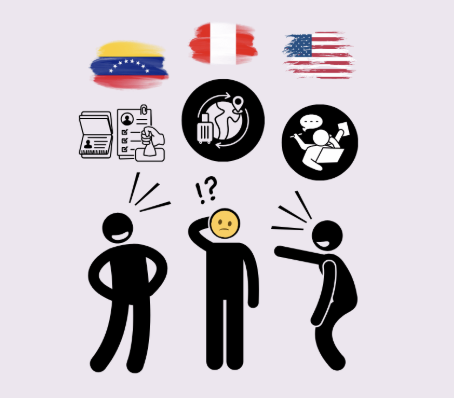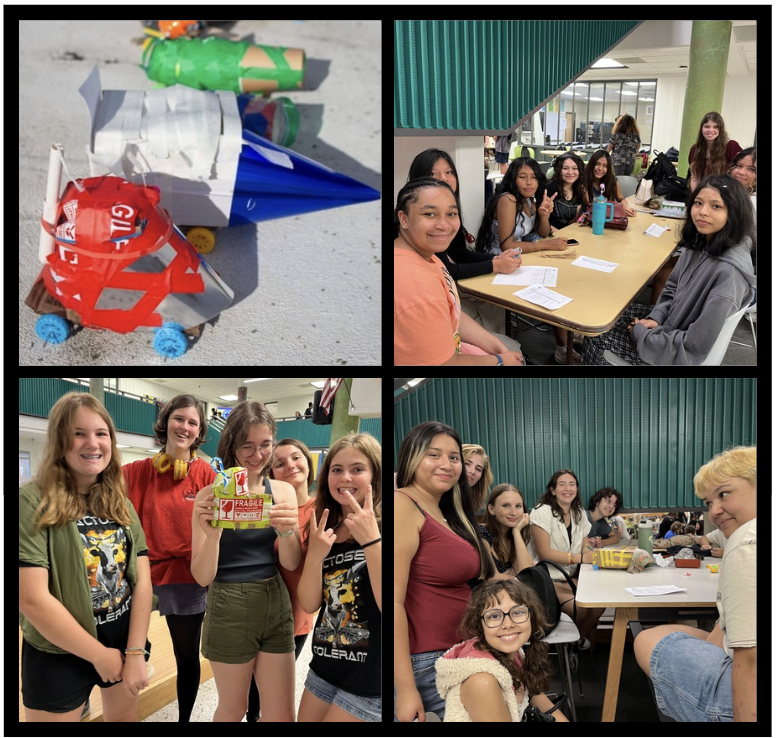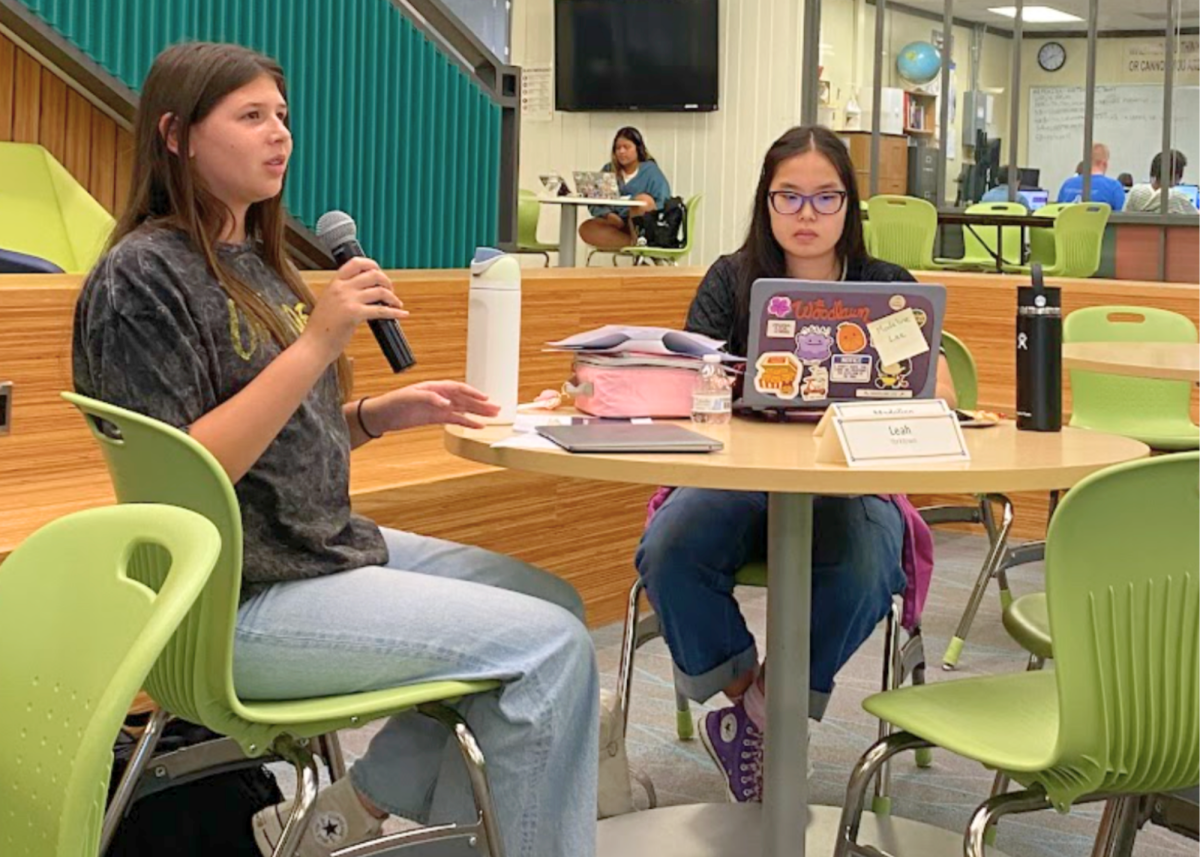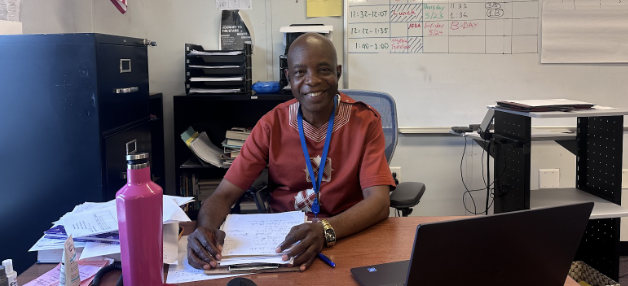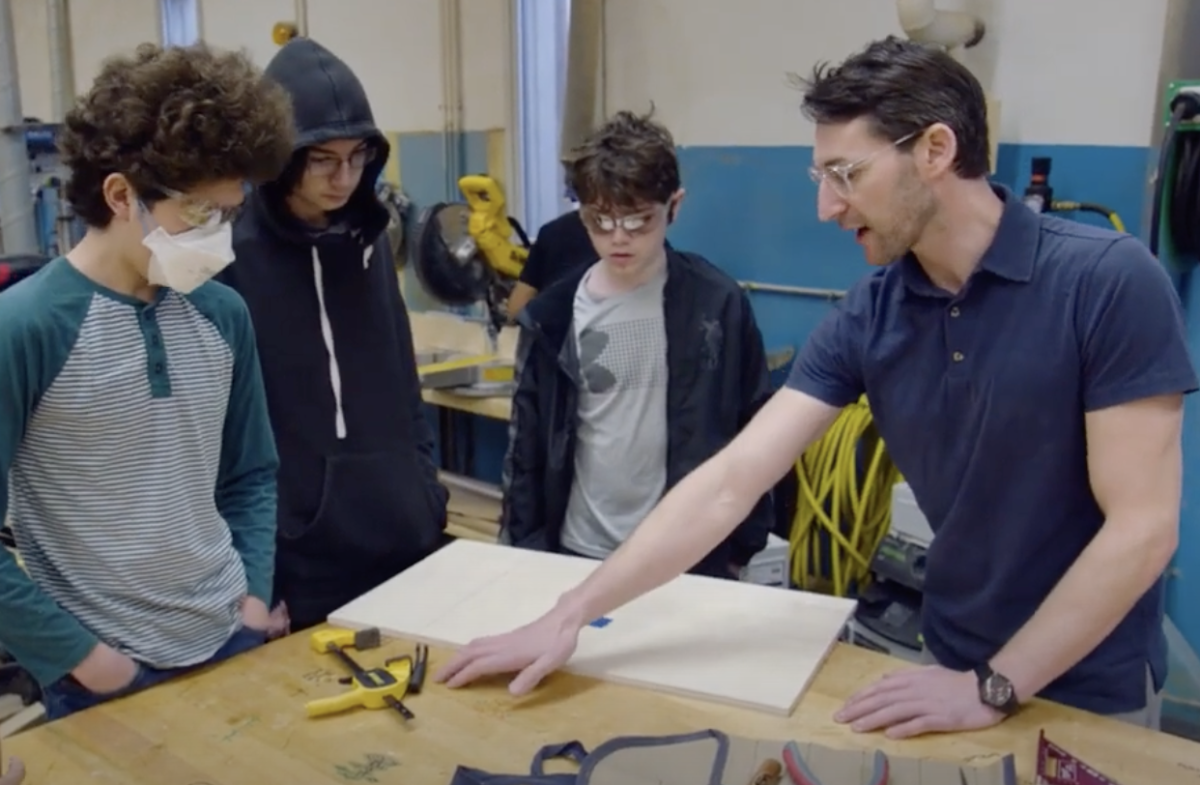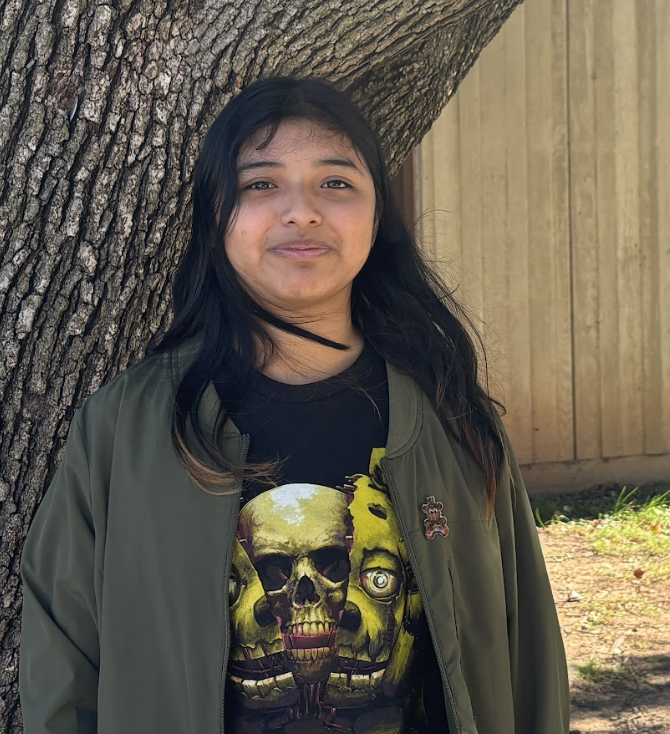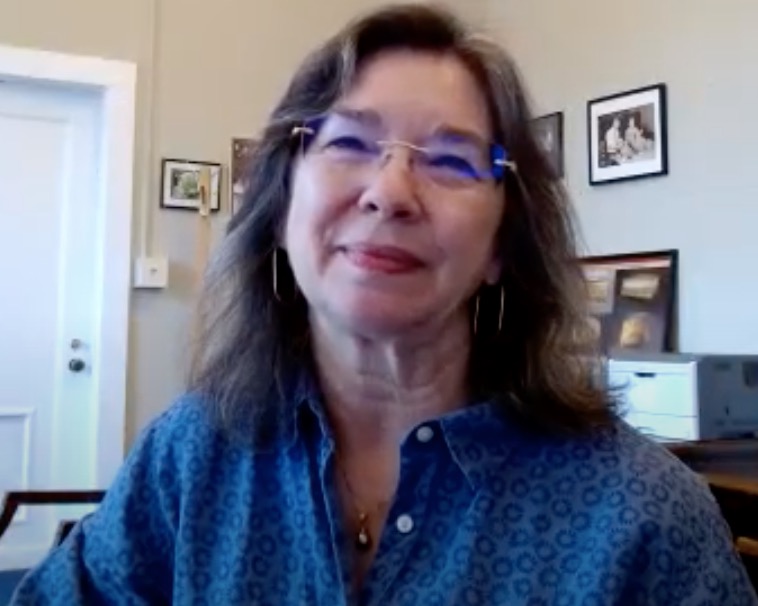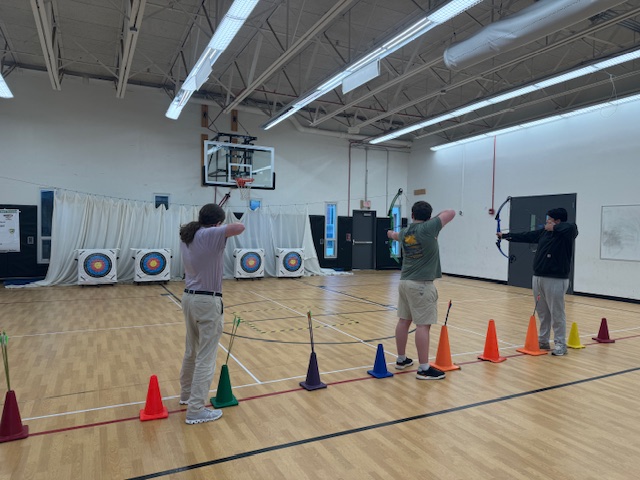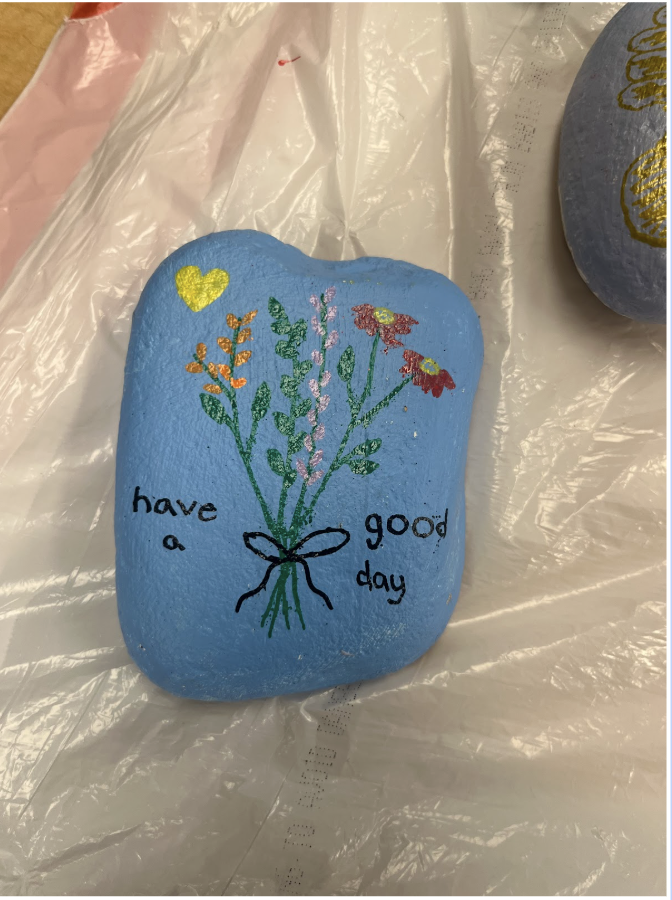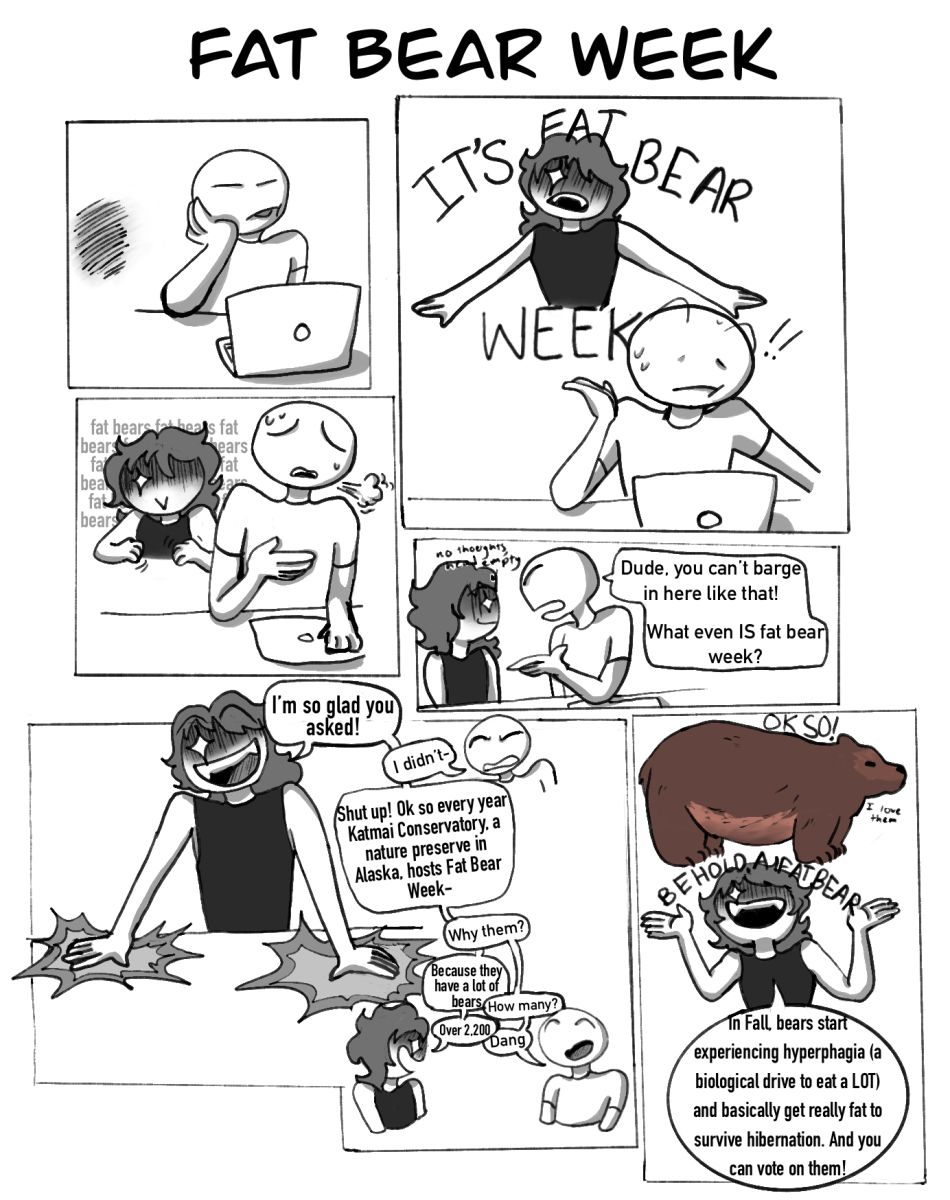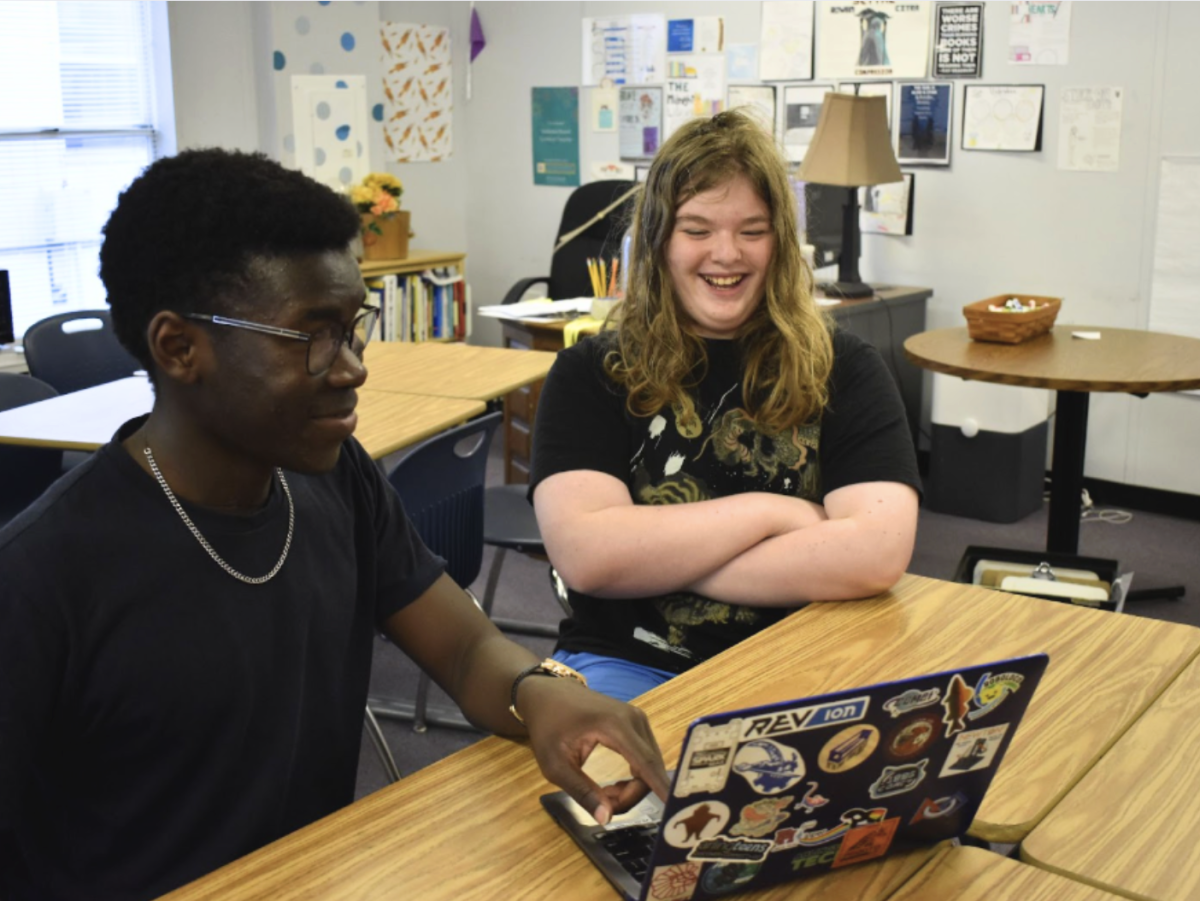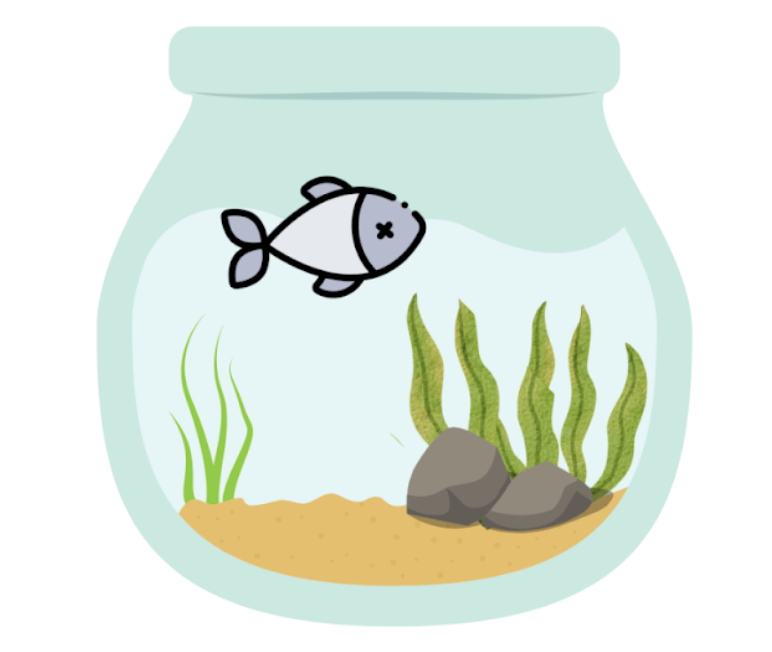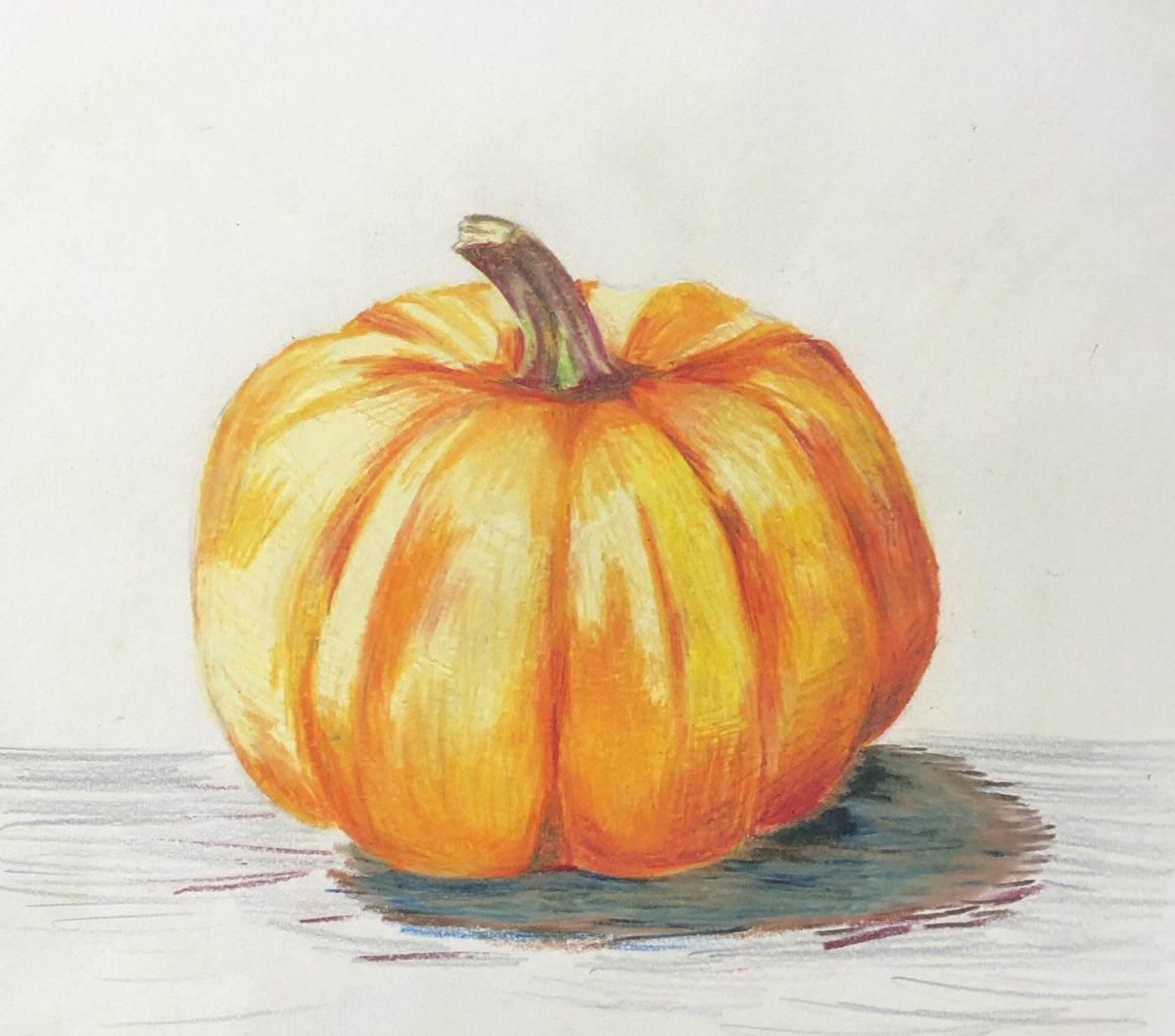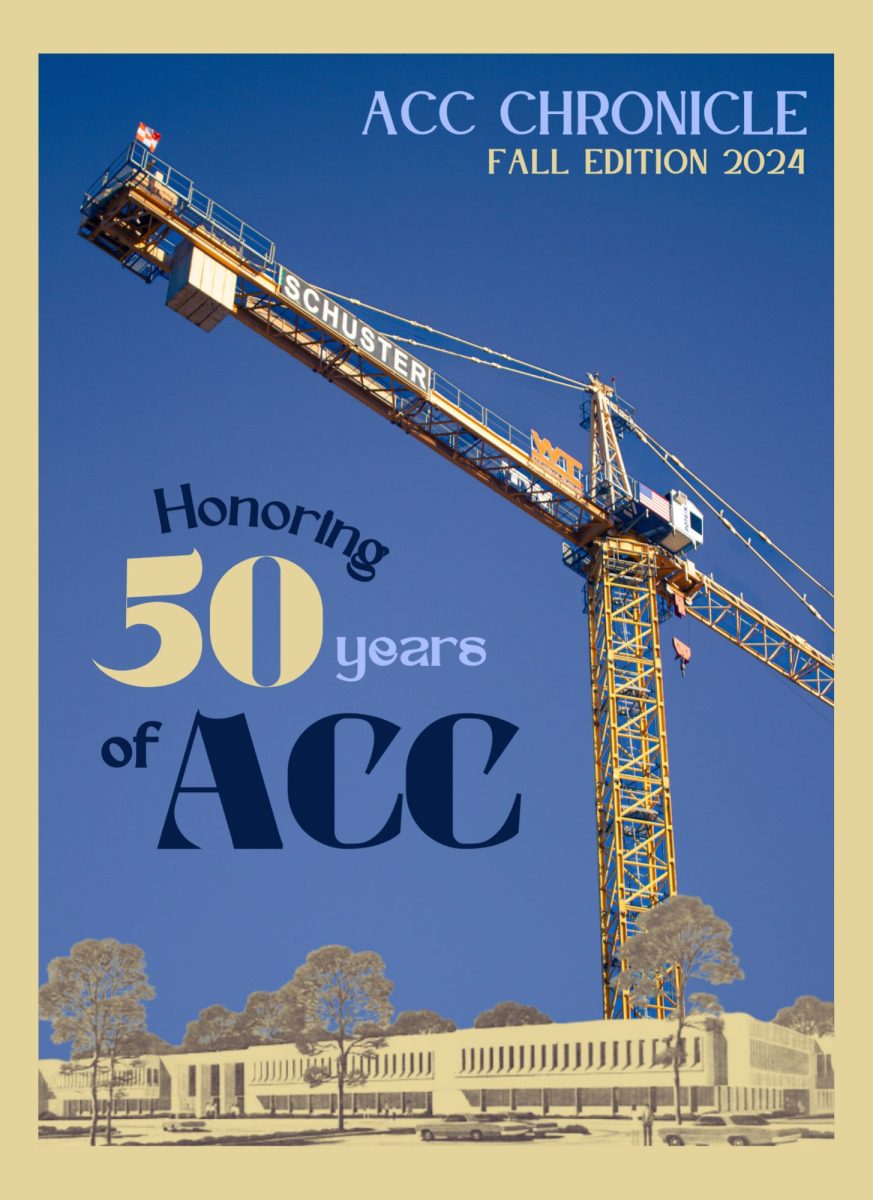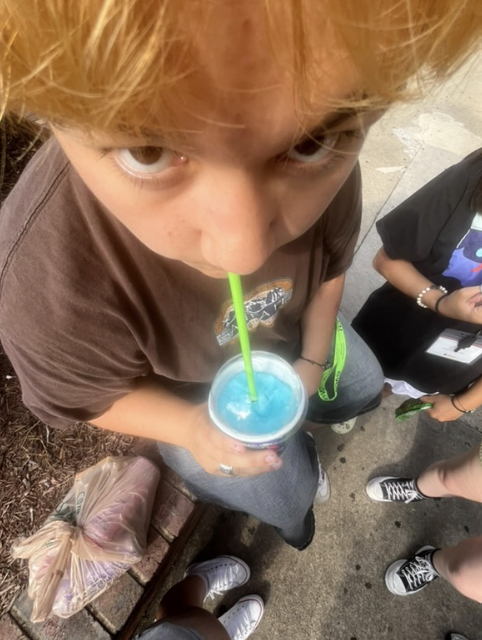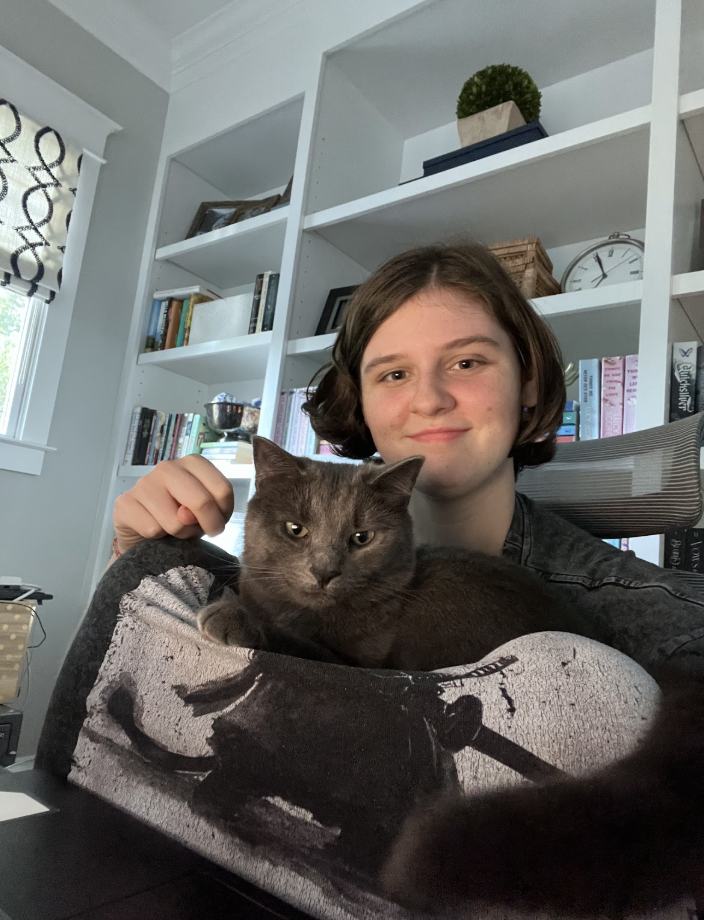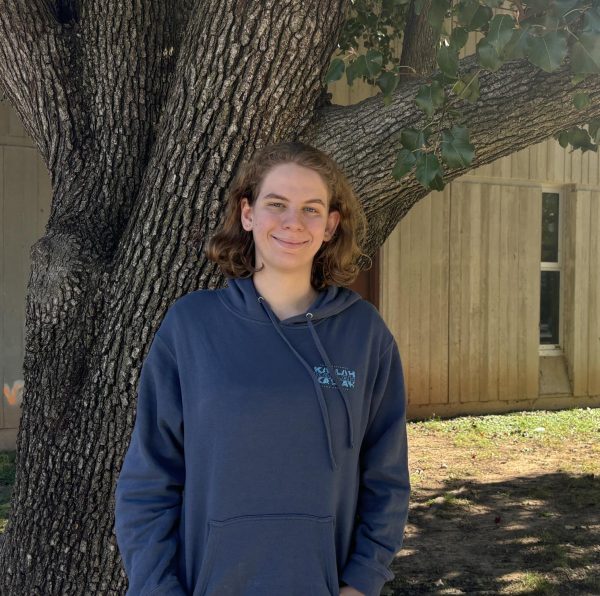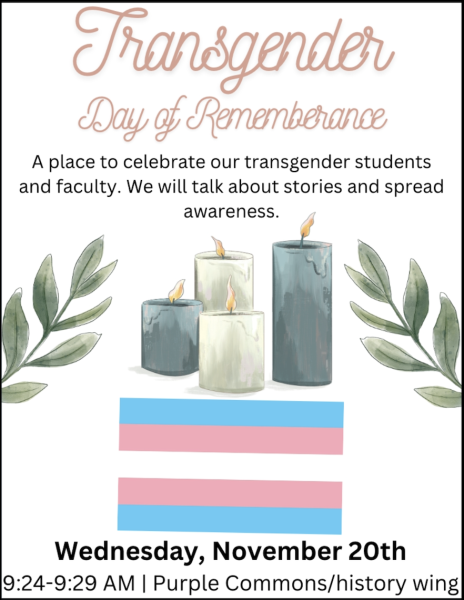
November 20, 2024, was the International Transgender Day of Remembrance. ACC’s Diversity, Equity, and Inclusion Office (or DEI for short) put together a presentation for the day to teach students and staff about the importance of uplifting transgender voices.
The presentation began with a definition of the word transgender. The term “Transgender” is “an umbrella term for people whose gender identity is different from the sex assigned to them at birth,” according to main speaker Cobi Kromash. The audience then participated in an icebreaking activity where everyone gathered in groups to introduce themselves. Each person said their name, pronouns, and what they knew about supporting trans people.
While a few participants didn’t know how to support trans people, the presentation served as a way for them to learn more. Trans students from ACC were called up to answer a few questions about how cisgender people (those who identify with their gender assigned at birth) could best support transgender people.
Overall, the presentation was incredibly informational, and in a world where transphobia (prejudice against transgender people) grows by the day, it is equally important to learn and remember the stories of transgender people around the world who have been hurt for being different.
If you’re wondering how to best support transgender people, here are a few tips from your fellow classmates at ACC who identify as transgender:
- Don’t invalidate people’s experiences. You don’t always know what they’re going through, even if you think you’ve been through a similar experience.
- Be kind to everyone you meet and open to learn more.
- Try your hardest to respect names and pronouns. It’s okay if you mess up! As long as you’re trying to respect people, you’re doing the right thing.
- Trans people are normal people. That’s all they want to be treated as.
- Gender is a spectrum. Some people may go their whole lives without ever putting a label on what their gender is, and that’s okay! How you define your gender is completely up to you.
For more resources, you can visit the following websites:

